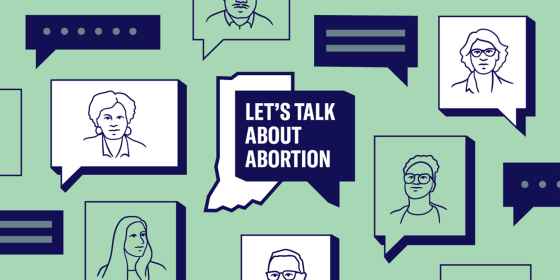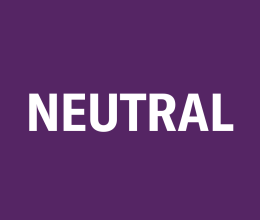Mayor Joe Hogsett recently announced the City of Indianapolis will be using a portion of funding received from the American Rescue Plan Act to increase funding for the Indianapolis Metropolitan Police Department (IMPD), including hiring 100 new officers and allocating $9 million for police surveillance technology.
The increasing use of surveillance technologies by local police across America unjustly targets communities of color and low-income communities, creating oppressive and stigmatizing environments.
Over-policing our communities by using secretive technologies will not solve Indianapolis' violent crime problem.
Invest in Our Community
Alternatively, investing in communities that have been historically under-resourced and over-criminalized is a long overdue and critical piece to achieving public safety.
Mayor Hogsett’s proposal allocates necessary funding for affordable housing, hunger relief, mental health services, and community-based anti-violence programs – which are positive investments in our community that we applaud. But, allocating an additional $20 million to hire 100 new IMPD officers and $9 million for surveillance technology will not effectively address violent crime and will threaten the civil liberties of Indianapolis residents.
We cannot police, surveil, and incarcerate our way into public safety.
Instead of doubling down on inherently-biased and ineffective policing tactics, Indianapolis should be doubling down on community programs proven to reduce crime. Specifically, adding additional dollars to the city’s proposed funding increase for mental health services, holistic drug treatment, and affordable housing would make Indianapolis safer and help build systemic equality for Black and Brown residents.
Everybody deserves a safe and healthy community with services that address the needs of all community members.
Community Control Over Police Surveillance
The increase in local police departments’ use of warrantless surveillance technology, which in most places has occurred without any community input or control, presents significant threats to civil rights and civil liberties.
Without better community and Council oversight, these technologies will infringe on residents’ right to privacy and increase the disproportionate surveillance of communities of color and low-income communities.
The People, not the police, should decide if and how surveillance technologies are used in our communities.
Indianapolis should join the 21 cities across America which have enacted a Community Control Over Police Surveillance (CCOPS) law. CCOPS would empower citizens, through the City-County Council, in decisions over whether and how to implement surveillance technology.
CCOPS would provide Indianapolis residents with critical transparency and the ability to hold IMPD accountable.
Police and Public Safety
Public surveillance does not equal public safety. Increased violent crime needs to be addressed, but the civil rights and liberties of Indianapolis residents should never be sacrificed in times of crisis.
Each year we pour more and more money into law enforcement, and it isn’t making our community safer. Studies of the effectiveness of surveillance cameras have yet to demonstrate that they significantly reduce crime.
In fact, studies have shown in time periods we have seen decreases in police we have also seen a decrease in crime.
The problem is not a lack of police officers or police resources; it is a problem of under-funded communities.
Taking steps to substantially invest directly into community programs and services proven to reduce crime, rather than more policing, will improve public safety and help Indy residents thrive.




